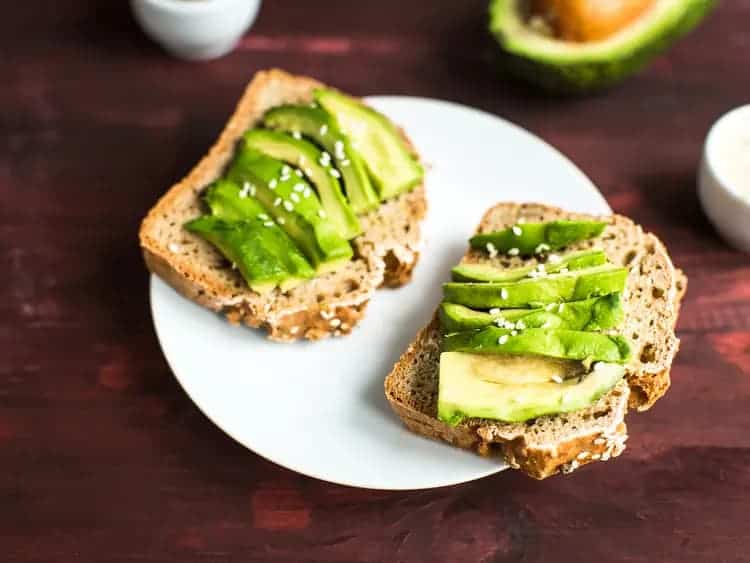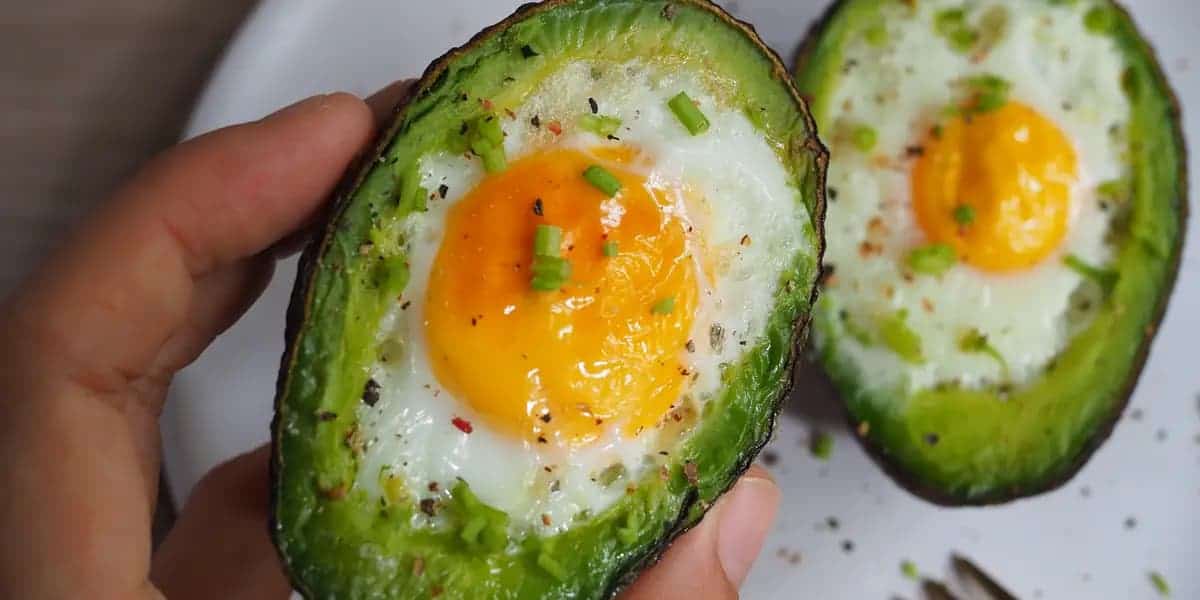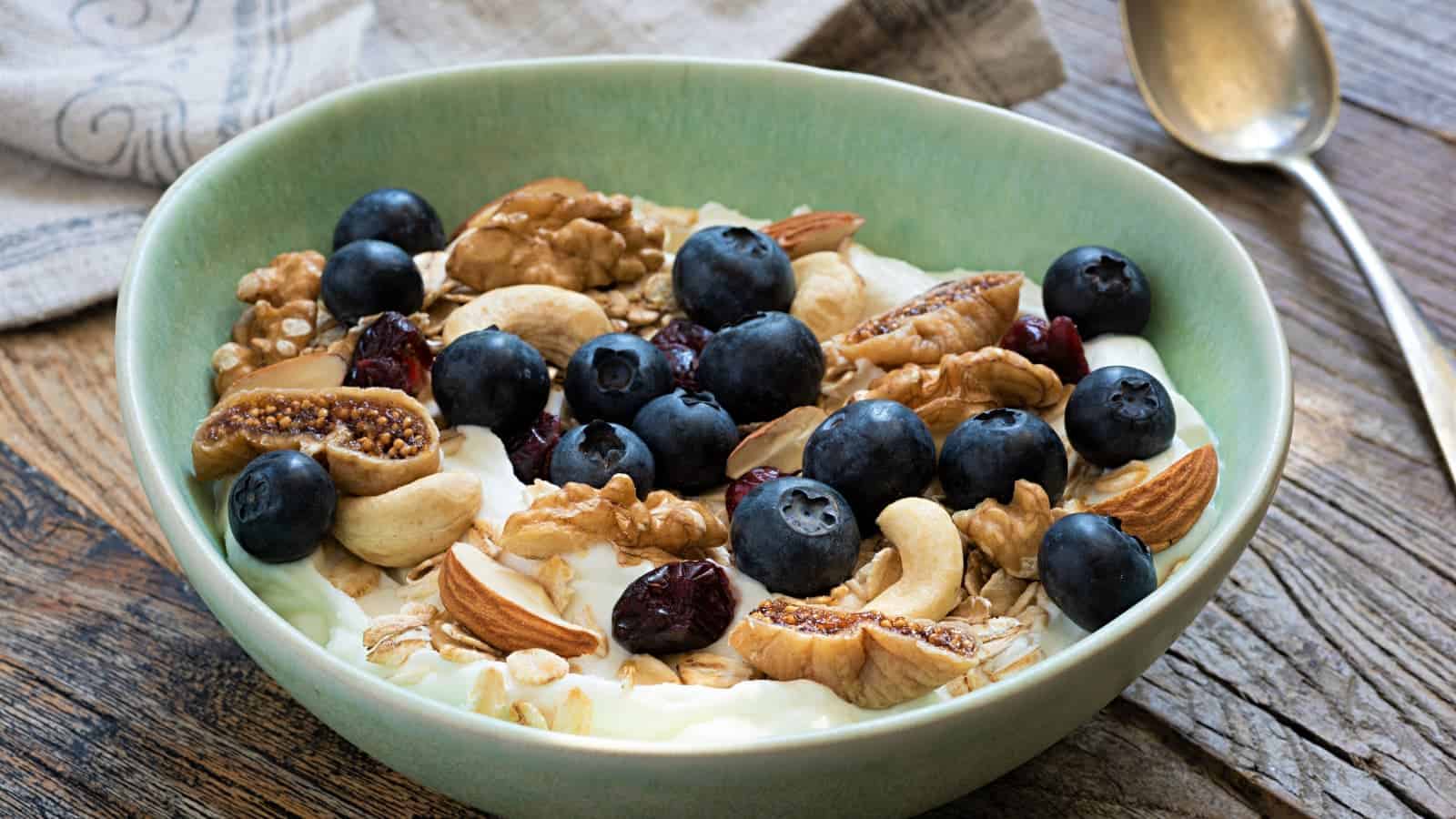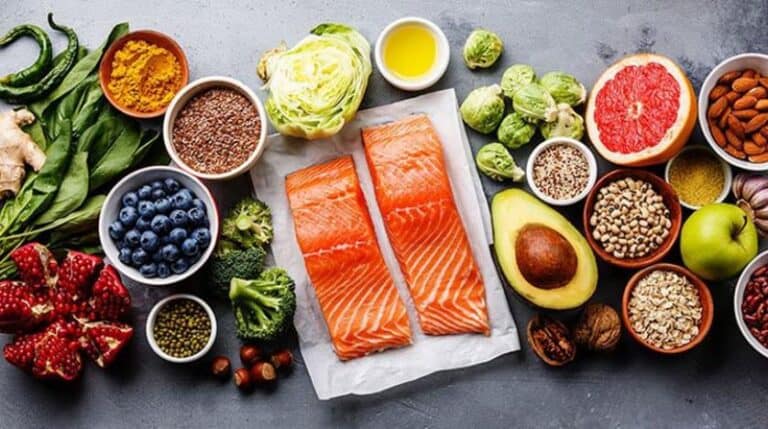What cereals can you eat on the mediterranean diet?

What cereals can you eat on the Mediterranean diet? The Mediterranean diet is renowned for its health benefits, and it’s not hard to see why. The diet contains fresh fruits and vegetables, whole grains, lean proteins, and healthy fats. When it comes to breakfast, there are plenty of options that fit within the Mediterranean diet guidelines.
Some popular Mediterranean diet-friendly cereal options include whole-grain oats, barley, and quinoa. These cereals are high in fiber and protein and can be paired with fresh fruit and nuts to make a delicious and filling breakfast. So, if you’re looking to adopt a healthier eating pattern, consider incorporating some Mediterranean diet-friendly cereals into your breakfast routine.
What cereals can you eat on the Mediterranean diet

On the Mediterranean diet, there are also plenty of cereal options that are both delicious and healthy. Entire grain oats, barley, and quinoa are all great choices, as they are high in fiber and protein.
These cereals can also be paired with fresh fruit and nuts to create a filling and nutritious breakfast. By choosing these wholesome cereal options, you can start your day off on the right foot and fuel your body with the nutrients it needs to thrive.
What cereals are on the Mediterranean diet?
What cereals can you eat on the Mediterranean diet? The Mediterranean diet emphasizes whole, unprocessed foods, and several bowls of cereal fit within this framework. Popular options include whole-grain oats, barley, and quinoa, which are packed with fiber and protein.
Other Mediterranean diet-friendly cereals can you eat on the Mediterranean diet include amaranth, buckwheat, and spelled.
These cereals can be combined with fresh fruit, nuts, and Greek yogurt to create a satisfying breakfast that will keep you full throughout the morning.
By deciding on these nutrient-dense cereals, you can nourish your body and enjoy a delicious start to your day.
Cheerios on the Mediterranean diet
Cheerios are a popular cereal choice, but they also may not be the best option for those following the Mediterranean diet.
What cereals can you eat on the Mediterranean diet?
While they are low in sugar, they are made from refined grains and do not provide as much fiber and protein as whole-grain cereals like oats, barley, and quinoa.
However, if you enjoy Cheerios, you can still incorporate them into your Mediterranean diet by pairing them with fresh fruit, nuts, and Greek yogurt to increase their nutritional value.
Best whole grains for the Mediterranean diet

Whole grains are a key component of the Mediterranean diet, providing fiber, protein, and essential nutrients. To answer, what cereals can you eat on the Mediterranean diet? Some of the best full grains for the Mediterranean diet include oats, barley, quinoa, faro, and brown rice. These grains can be used in a variety of dishes, from breakfast oatmeal to salads and grain bowls.
They are also versatile and can be combined with a range of Mediterranean diet staples like vegetables, legumes, and healthy fats for a delicious and nutritious meal.
Breakfast cereal on the Mediterranean diet
Breakfast cereals can be a quick and convenient option for those following the Mediterranean diet.
Full-grain oats, barley, and quinoa are excellent choices, as they are high in fiber and protein. When choosing a breakfast cereal, it’s important to read labels and avoid those with added sugars and refined grains.
Cereals can be paired with fresh fruit, nuts, and Greek yogurt to make a filling and nutritious breakfast that will keep you energized throughout the morning. By deciding on wholesome breakfast cereal options, you can support your health and well-being on the Mediterranean diet.
What is the Mediterranean diet?
The Mediterranean diet is a way of eating that emphasizes fresh, whole foods, including fruits, vegetables, whole grains, legumes, and healthy fats like olive oil, nuts, and seeds. It also includes moderate amounts of lean protein, such as fish, poultry, and eggs, and limited amounts of red meat.
The diet is inspired by the traditional eating habits of people living in countries surrounding the Mediterranean Sea, such as Greece, Italy, and Spain.
Studies have shown that the Mediterranean diet can improve heart health, lower the risk of chronic diseases, and promote weight loss. It’s considered one of the healthiest diets in the world.
FAQs

Here are some FAQs, such as the following:
Q: What is a calorie deficit?
A: A calorie deficit occurs when you consume fewer calories than your body burns. This can also lead to weight loss.
Q: How much water should I drink each day?
A: The amount of water you should drink each day depends on your age, weight, and activity level. However, a general recommendation is to drink at least eight 8-ounce glasses of water per day.
Q: What are some healthy snack options?
A: Some healthy snack options include fresh fruit, vegetables with hummus or yogurt dip, nuts, and whole grain crackers with cheese.
Q: How can I increase my daily vegetable intake?
A: You can increase your daily vegetable intake by incorporating them into every meal, choosing them as snacks, and experimenting with new recipes and cooking methods.
Q: Is the Mediterranean diet suitable for vegetarians?
A: Yes, the Mediterranean diet can be adapted for vegetarians by incorporating plant-based sources of protein such as legumes, nuts, and seeds.
Q: How can I reduce my sugar intake?
A: You can reduce your sugar intake by avoiding sugary drinks and processed foods, reading labels, and also selecting full foods that are naturally low in sugar.
Q: How often should I exercise?
A: The American Heart Association recommends at least 150 minutes of moderate exercise or 75 minutes of vigorous exercise per week, spread out over at least three days.
Q: What are some healthy fat options?
A: Some healthy fat options include olive oil, avocado, nuts, seeds, and fatty fish such as salmon.
Q: What are some good sources of fiber?
A: Some good sources of fiber include whole grains, fruits, vegetables, legumes, nuts, and seeds.
Q: How can I make healthy eating more affordable?
A: You can make healthy eating also more affordable by planning meals, buying in bulk, choosing seasonal produce, and looking for sales and discounts.
Read more: BARIATRIC FULL LIQUID DIET
Conclusion
In conclusion, to know what cereals can you eat on the Mediterranean diet, a healthy diet.
And lifestyle can have also a significant impact on our overall health and well-being.
By deciding on complete, nutritious foods and engaging in regular physical activity, we can reduce the risk of chronic diseases and improve our quality of life.
Small changes can make a big difference, and incorporating healthy habits into our daily routine can lead to long-term benefits.
Finally, This is the answer, what cereals can you eat on the Mediterranean diet?






